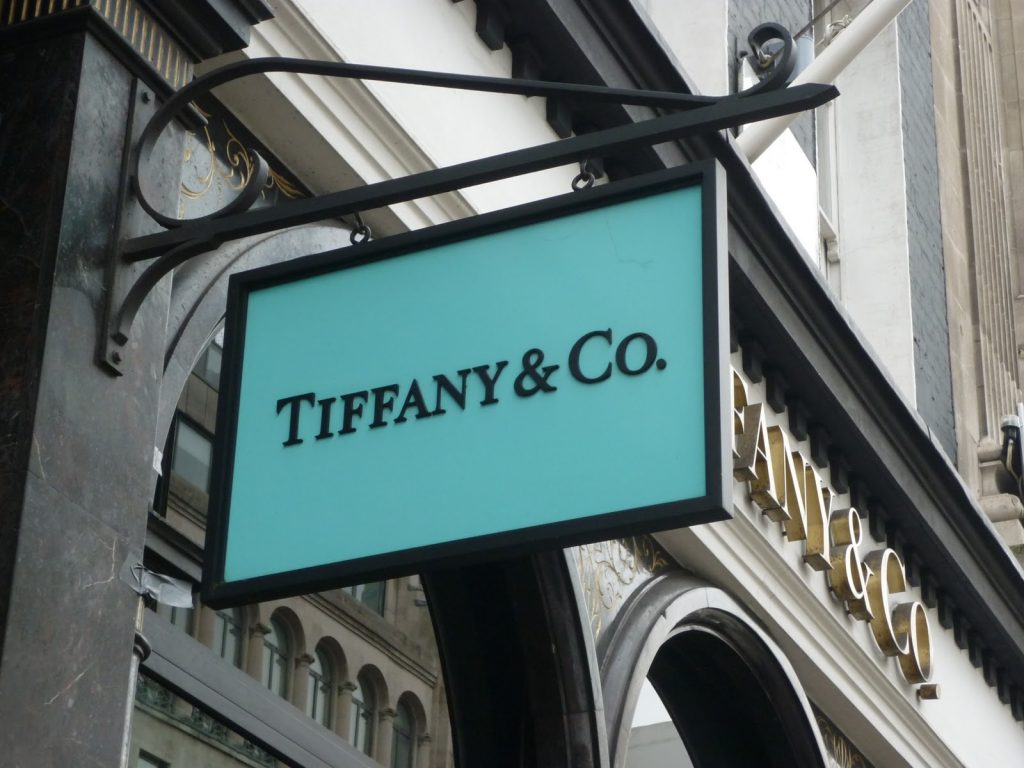
Political unrest in Hong Kong is hurting sales at luxury jeweler Tiffany & Co. (NYSE: TIF). CEO Alessandro Bogliolo said during a post-earnings conference call that Tiffany lost six selling days in Hong Kong during the second quarter due to the protests. Hong Kong was its fourth largest market, by sales, for the period. The top three were the U.S., Japan and mainland China.
Political protests have overtaken the Chinese territory for nearly 12 weeks, with some Hong Kong residents demanding full autonomy from Beijing. The months-long protests have crippled the Asian financial center and even shut down Hong Kong’s international airport. If the situation in the territory worsens, Tiffany’s full-year sales results could fall further than currently expected. Tiffany currently has 10 stores in Hong Kong.
Tiffany reported earnings for the second quarter that topped analysts’ expectations, but missed on revenue. Tiffany’s net income for the quarter was $136.3 million, or $1.12 a share, a 4.3 percent decline from the $144.7 million, or $1.17 per share, recorded a year earlier. It still beat the analysts’ average estimate of $1.05.
Revenue for the quarter fell to $1.05 billion from $1.08 billion a year ago, short of expectations for $1.06 billion. Worldwide sales at stores operating for at least 12 months were down 4 percent, or 3 percent excluding the impacts from currency exchange rates. That was considerably lower than the expected drop of 1.3 percent.
. Tiffany’s largest market, the Americas, has seen continued sales declines. On a constant-currency basis, same-store sales in the U.S. were down 4 percent, steeper than the drop of 1.7 percent analysts had been calling for. Tiffany said tourism makes up roughly 12 percent of sales in the Americas. In the Asia-Pacific region, same-stores sales were up 1 percent, beating analysts’ expectations for a drop of 0.2 percent.
